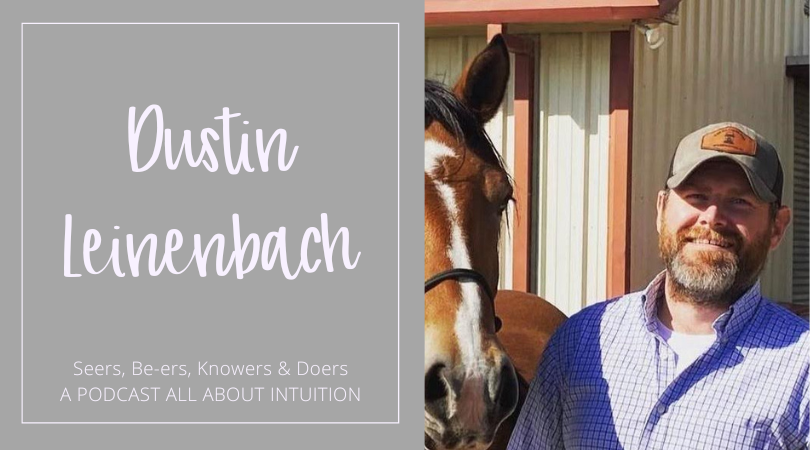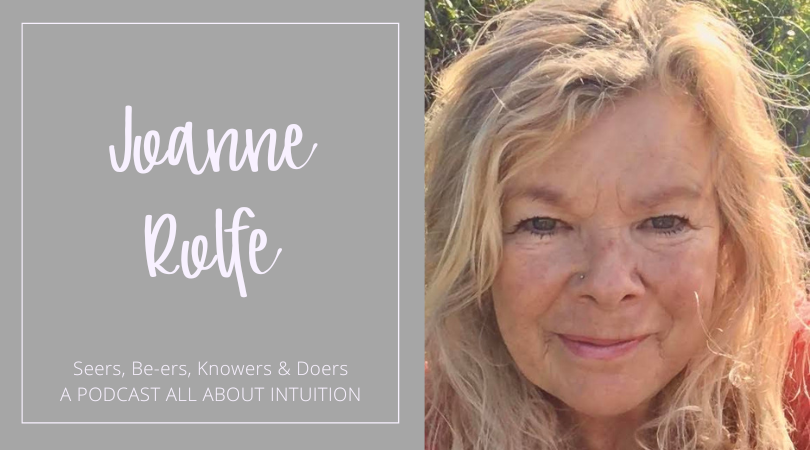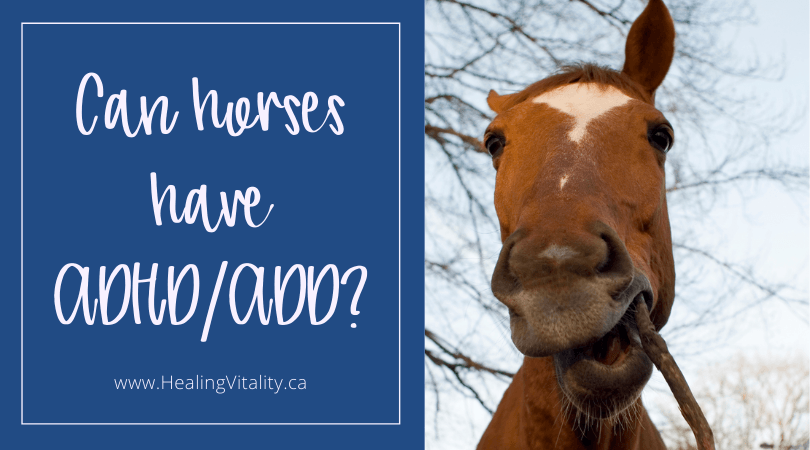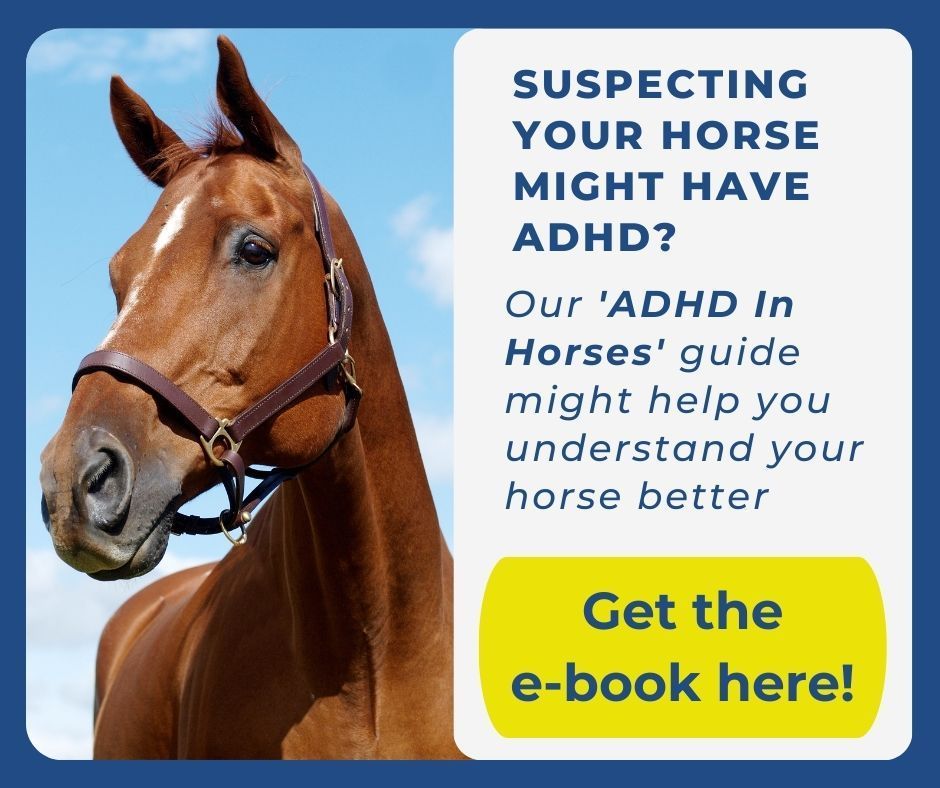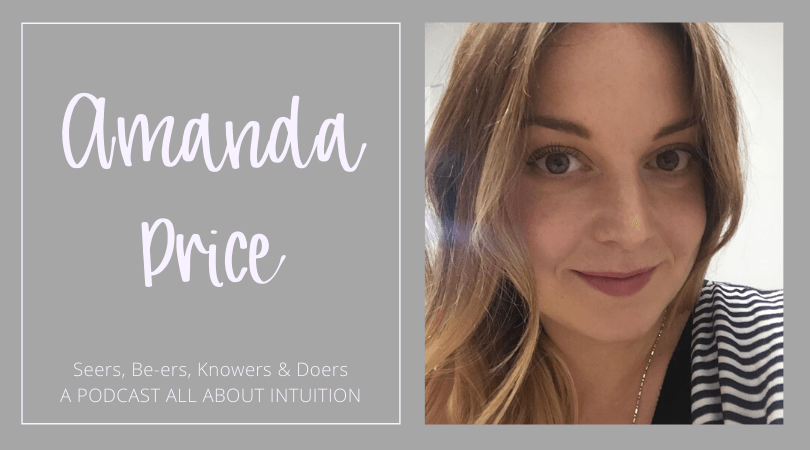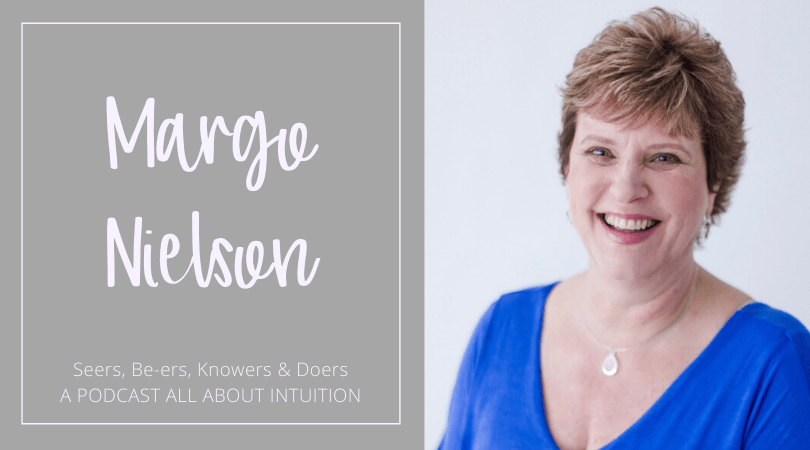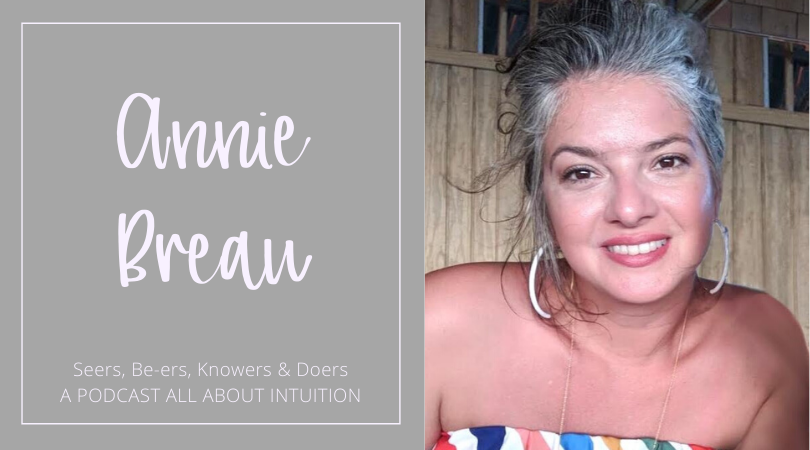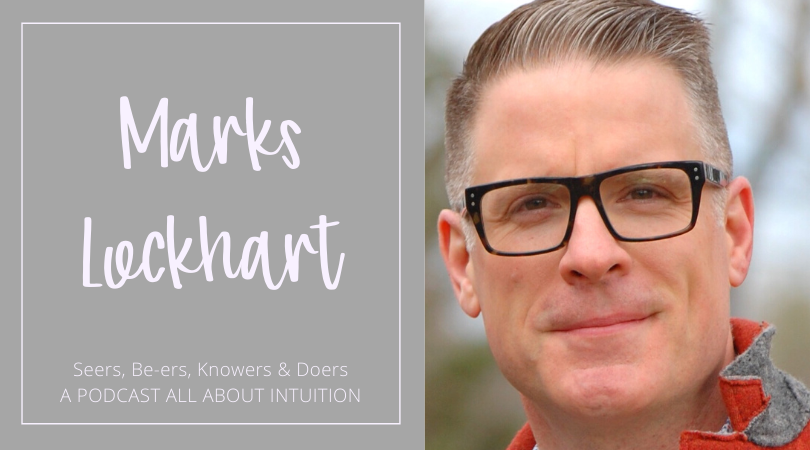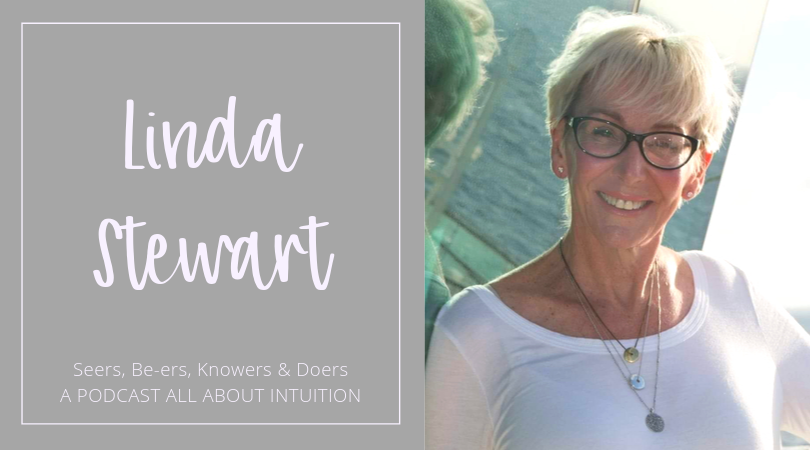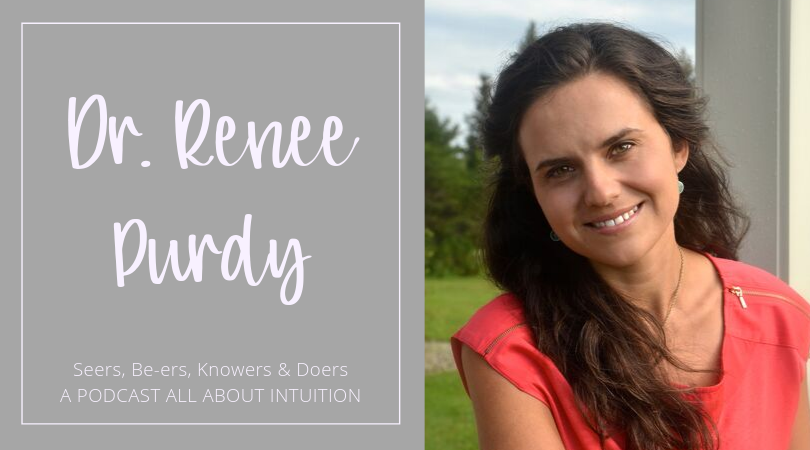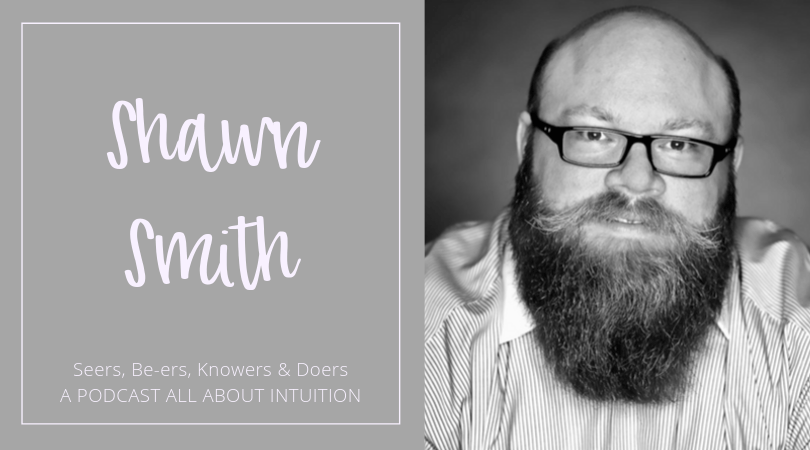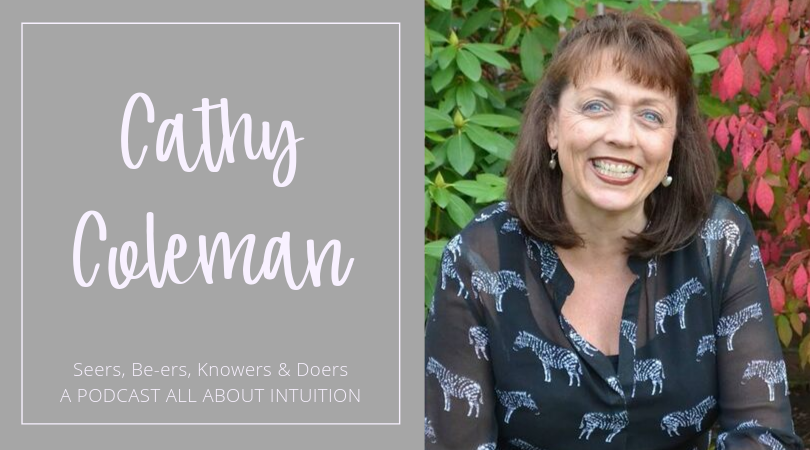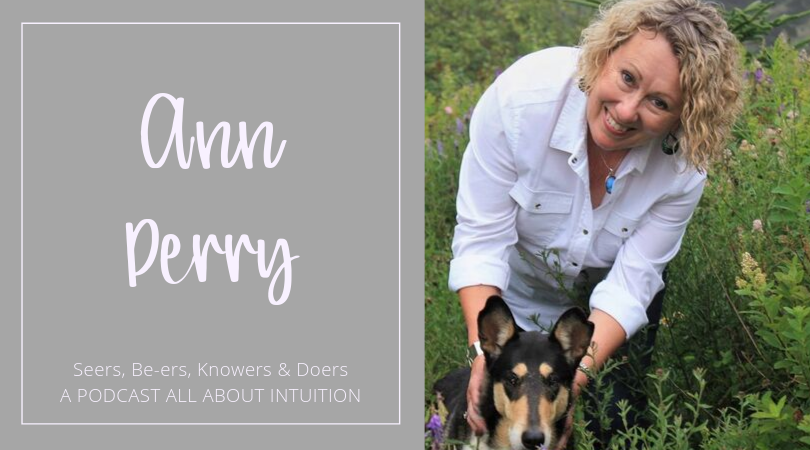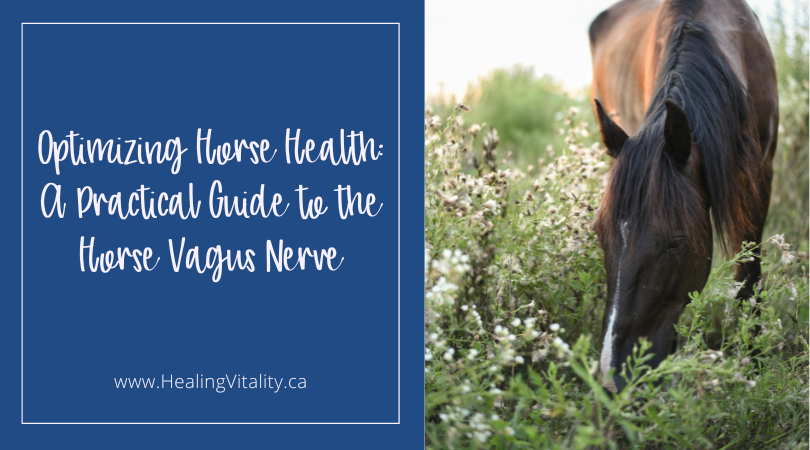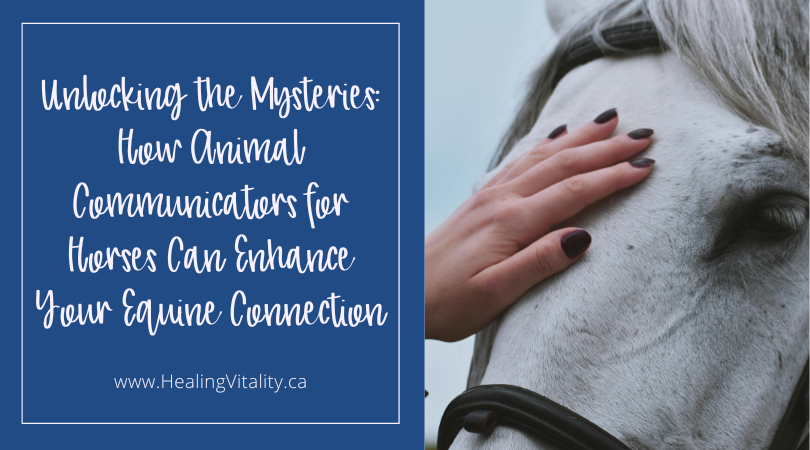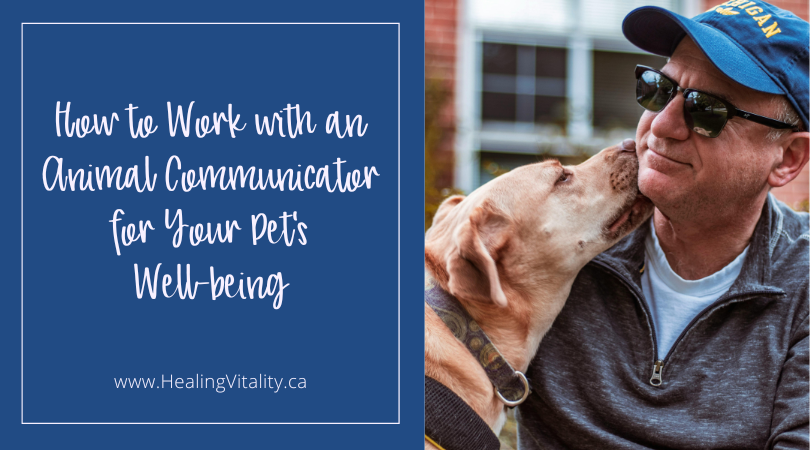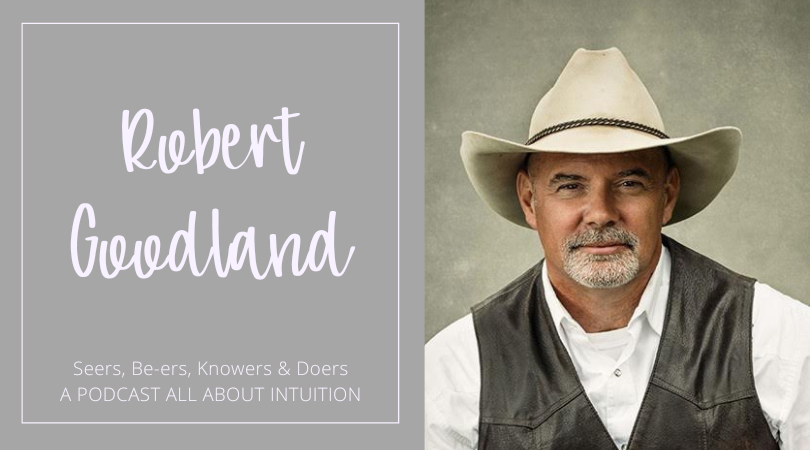Can horses have ADHD/ADD?
Can horses have ADHD/ADD?
Attention Deficit Hyperactivity Disorder - ADHD Attention Deficit Disorder - ADD is a big problem in people these days, but what about horses? Can horses have it too?
The answer is still unclear since there is not enough research done to date, but if you are suspecting this could be your horse's issue, keep reading. At the end of this article, we will also offer some possible solutions.
In Healing Vitality we are also big on intuition, so if you had an idea or a thought about your horse possibly having an ADHD disorder, maybe it is worth investigating further.
What causes these conditions and how can they be handled? Do horses need stimulant drugs to function normally like some people do? These are some of the questions we will try to answer in this article.
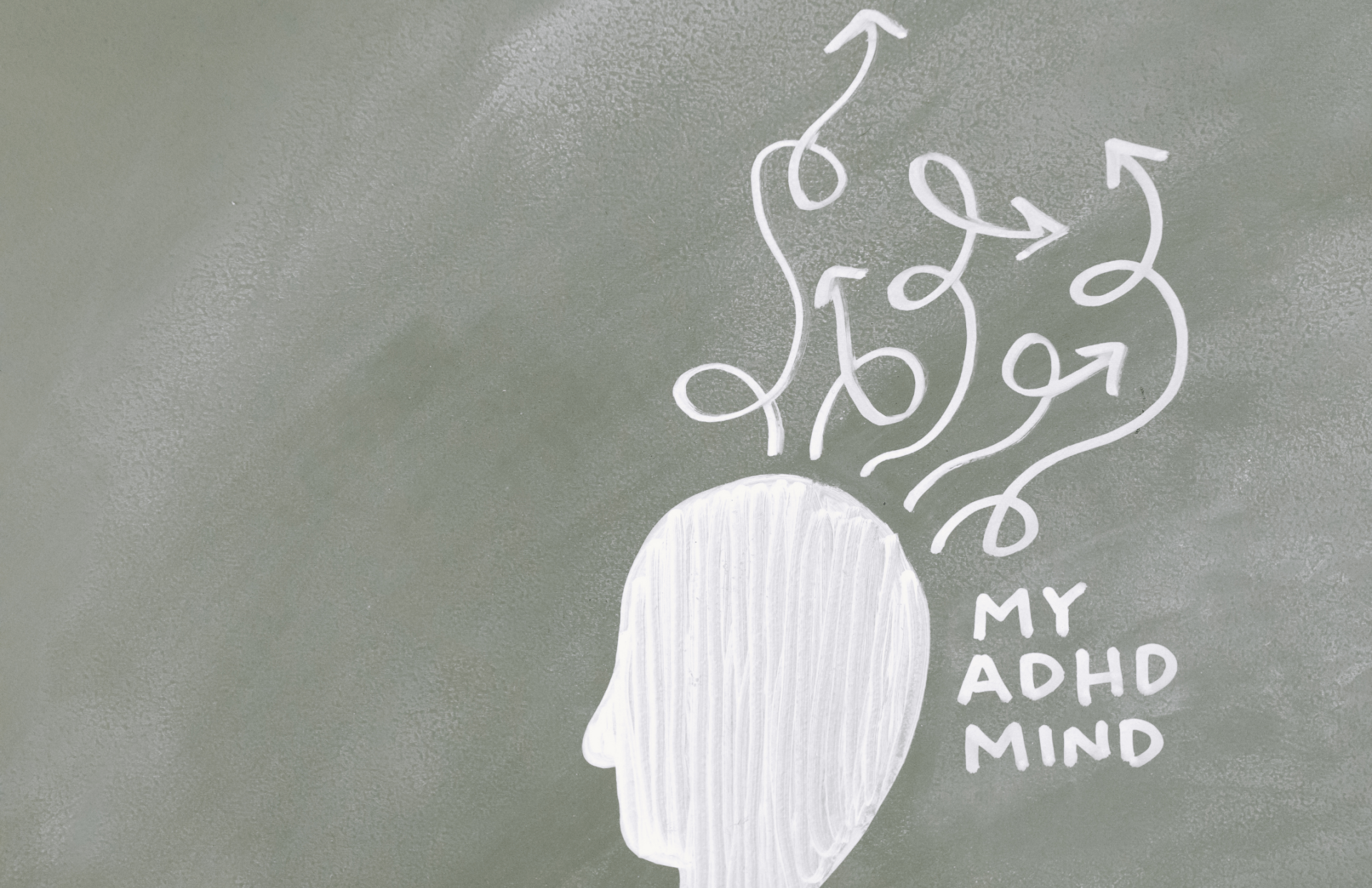
What is ADHD
Attention deficit hyperactivity disorder in people is a diagnosis recognized by the American Psychiatric Association and can affect both children and adults.
It is a condition that affects millions of people around the world. Adults and children with this condition can experience unusual levels of hyperactivity and impulsive behaviors. People with ADHD can also have trouble focusing their attention on a single task or sitting still for longer periods of time.
Many people experience inattention and changes in energy levels. For a person with ADHD, this happens more often and to a greater extent compared with people who don’t have the condition. It can have a significant effect on their studies, work, and home life.
This condition affects the way a person’s brain processes information and it influences behavior as a result.
However, the mind is incredible and many people can thrive if given the right circumstances to do so. Some of the best creative and entrepreneurial minds may have these tendencies or an actual diagnosis.
Supporting even the minds that have tendencies this way is possible without getting into the medical system depending on what people are wanting to support.
What causes ADHD?
With people, scientists still struggle to determine the real cause of the condition and, at this point, only speculate without knowing for sure what causes it.
The causes range from
genetics, neurological and environmental, but to date there hasn’t been solid proof that would with 100% confidence confirm for any of them.
ADHD is associated with abnormally low levels of the neurotransmitters transmitting between the prefrontal cortical area and the basal ganglia i.e., dopamine and noradrenaline.
The condition is not very well researched in horses so it can be only assumed that the causes could be the same considering people and horses are built from the same matter and are both physical and emotional beings.
What is ADHD in horses?
With horses, the same as with people, ADHD is an attention span disorder where horses could struggle to focus on the task at hand, get easily distracted, constantly have the need to ‘do’ something, cannot just stand still relaxed and are displaying impulse behaviors.
Your horse could display one or all of the behaviors listed above.
There is still a lot that scientists do not know about it in the human world, so ADHD in animals is even less researched.
However, considering horses display similar behaviors like people and taking into account that they can suffer from the same physical symptoms as people (low levels of the neurotransmitters) it is not far fetched that they can too suffer from this disorder.
A horse suffering from the disorder can be significantly
limited to take in and understand (new) training and can be difficult to work with or even be around.
So, if you are struggling with certain aspects of training or handling, maybe your horse is actually struggling with some physical or emotional issues.
ADHD symptoms in horses
As mentioned earlier, some of the symptoms may include struggling to focus on the task at hand or on the handler, get easily distracted, constantly have the need to ‘do’ something, cannot just stand still relaxed and are displaying impulse behaviors.
If you have the tendency to describe your horse
‘as a kid who is very playful’ or is the one that has figured out how to take his water bucked off the wall,
likes to chew on things and is very monthly, a horse that is busy in the crossties for grooming or something similar, you might be having a horse that suffers from this disorder.
It is a specific condition that is not easily defined, but if you are having similar problems as listed above, it might be good to look into those problems with this disorder in mind.
Behaviors like this are not productive and are getting in the way of your training. Dealing with those behaviors in the wrong way can be
exasperating for you, emotionally and physically painful for your horse and lastly,
harmful for your relationship with your horse.
How to diagnose ADHD in horses
With people, the same as with horses, there's no simple test to determine whether your horse has ADHD, but a specialist can draw an accurate conclusion after a detailed assessment.
The assessment may include a physical examination, which can help rule out other possible causes for the symptoms and a series of interviews with the horse owner that will help reveal other information about the horse, horse’s behavior and past.
The assessment should be a holistic approach to the animal and problems the owner is having.
What we look for, here in Healing VItality, is a combination of behavior and a tendency to hold inflammation or for some sort of past head trauma or a reason for their "head to explode" mentally in the past.
Sometimes those can create a weak spot for the brain to take on some of the 'inflammation' that could inhibit how the neurotransmitters work and potentially make a mind busier as a result.
Consultation about all the behaviors to get a good picture of the reality of the horse and looking for patterns of behavior and also what has worked to improve the behavior or the health of the horse in the past.
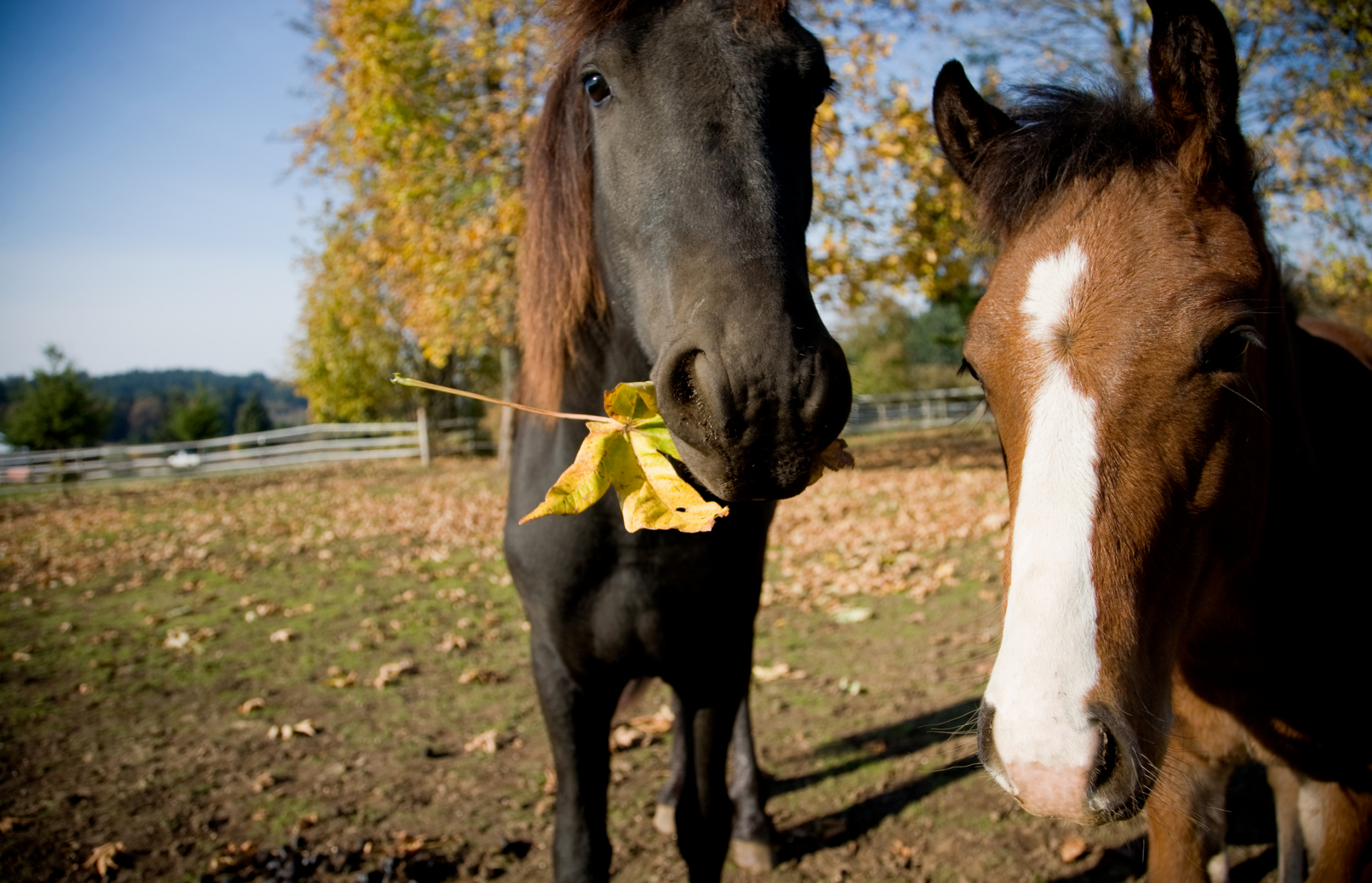
How to handle ADHD in horses
To handle this condition it takes commitment, patience and a clear idea of what you hope to achieve. Additional challenges come in the form of the fundamental communication issues we face when working with an animal who has never learned to speak (the good news is that these can be overcome with the help of animal communicators).
Furthermore, considering the origin of the behavior there are several ways you can approach this issue with your horse.
If the reasons for the behavior lie in the
physical sphere, meaning your horse is struggling with some neurological or other issues that cannot be corrected with training they can be supported by testing for Chronic Reversed Polarity which is potentially impeding their own system working properly.
Once that is corrected, if needed to be corrected, looking into pain
would be a good place to focus on next. Is there systemic inflammation going on? Are there gut health issues at play etc.?
At Healing Vitality, we use the Bio Meridian Health Assessment process to review these things together with Muscle Testing to figure out what is the horse lacking to support their systems nutritionally or with supportive supplements, neurologically, inflammation wise, gut health wise and more.
At any point, the owners are welcome to add in their experiences and insights into what they feel would benefit their horses.
On the training side of things there are also different techniques and approaches you can try with which the behavior can be lessened.
(The same way mindfulness meditations are effective in treating the disorder in people.)
Those methods include
teaching your horse how to focus on you rather than everything else around him, understanding why the horse is so worried and interested in his surroundings and in general, approaching the training having the horse and its best interest in mind.
The best approach, however, would be a combination of everything we just described by supporting your horse at all levels - through proper training, with natural remedies while making sure he is not in pain or suffering from some chronic conditions.
Healing Vitality’s approach
Here in Healing Vitality we help all animals, horses included, to overcome all sorts of emotional, energetic and physical needs.
Bach flowers, energy techniques, supportive tools in awareness of their own energy that owners bring to the table working with their animals as well as optimizing the animals well-being looking at their feed and nutritional needs.
Looking at the whole picture including how the environmental and the energetic factors come into play as well as looking at the nutrition or if there are possible supplements that can support the horse's individual profile.
Working with the owners to utilize their intuition and knowledge combined with our own knowledge, awareness and intuition we can support the animals in a way that is holistic and proactive, bringing owners and animals to a more balanced and harmonized place.
Contact us
Get in touch if you have any questions, or to learn more about how we work and if you and your horse could benefit from our treatment.
Make sure to read our
testimonials!
Healing Vitality
Sign Up For My Newsletter

